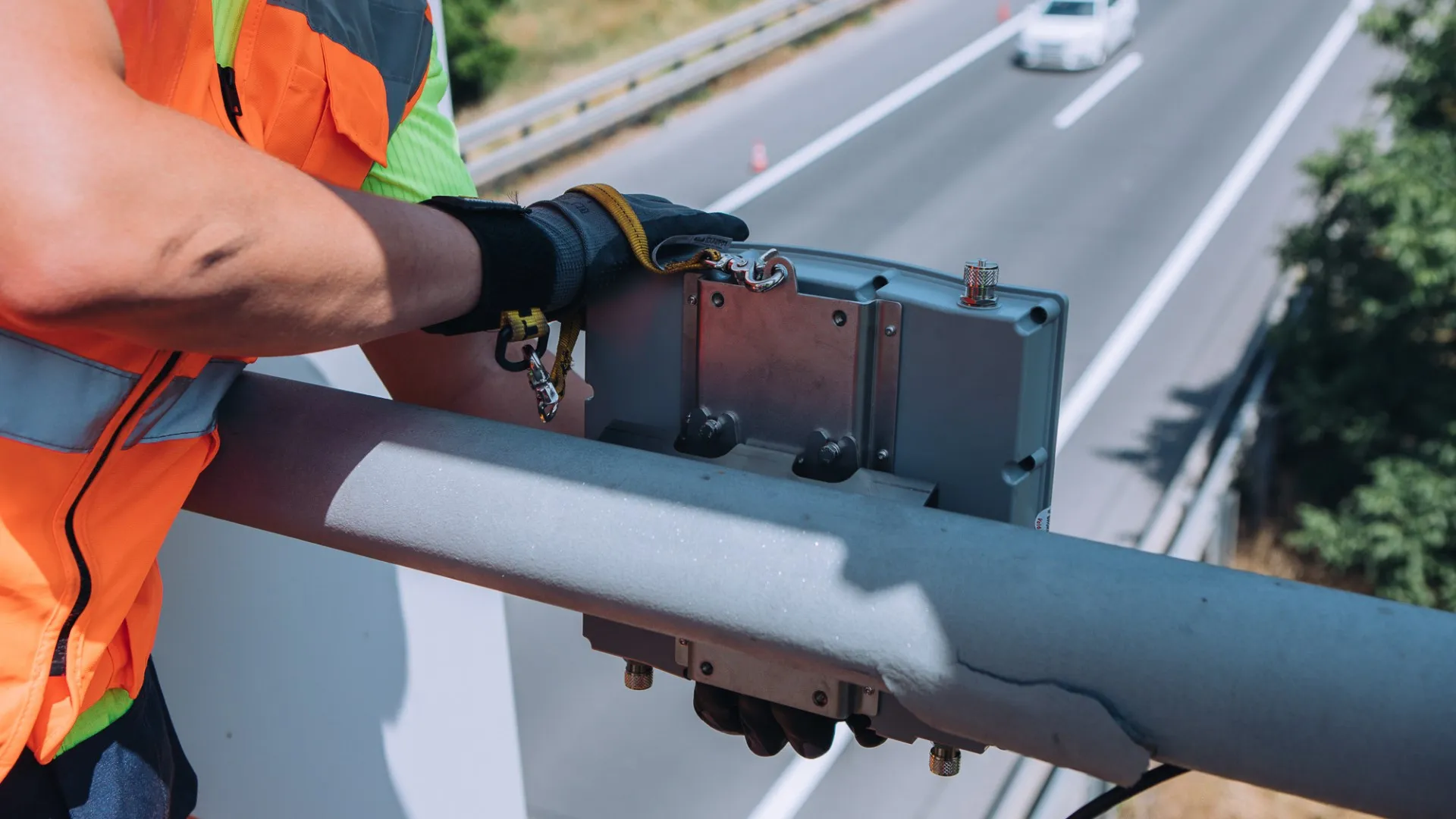Spinnaker is the name of the Signal Group’s new central control system that coordinates the company’s intersection controllers. The company supplies a range of intersection controllers from simple time-based sequencing units to traffic responsive and fully adaptive systems. Now Spinnaker uses web-based technology to control and coordinate roadside controllers to provide traffic managers with better information and additional control options.
April 6, 2016
Read time: 1 min

Spinnaker is the name of the
Now Spinnaker uses web-based technology to control and coordinate roadside controllers to provide traffic managers with better information and additional control options.
Also on the stand is the Signal Group’s Rayolite range of round shoulder reflectors which are available in red, amber and clear.









